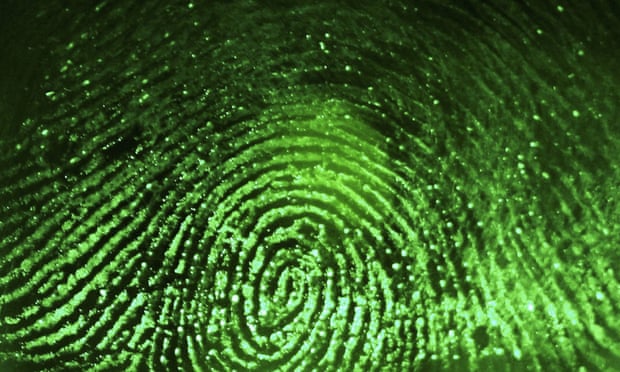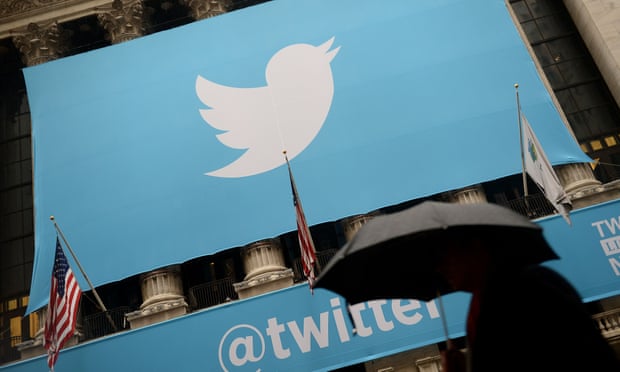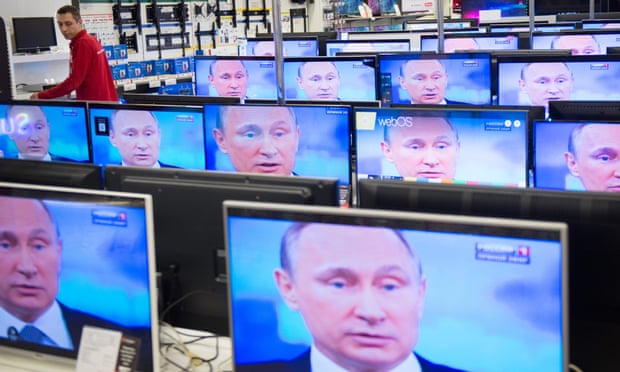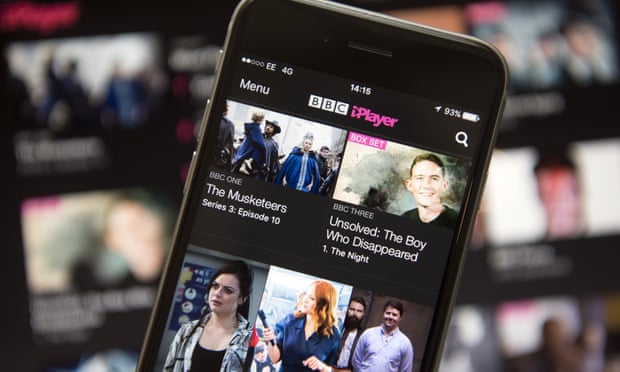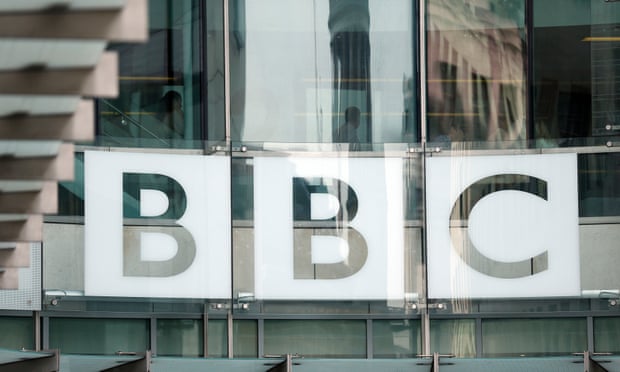The digital revolution is among us, with TV and newspaper outlets declining in the last few years and physical media such as DVD becoming less relevant than ever, the question of identification is still not clear to many people in the UK.
Finn Murphy, founder of iDly, a new identification technology has found out that 93% of students would prefer to have a student ID card build into their phones rather than a physical card and 73% of those students said they have lost their ID card at least once. Since September 2015, iDly has signed up over 6500 students from Trinity College to their service.
There are still 18bn physical cards printed every year. Though boarding passes, banking transactions and ticketing have increasingly moved to digital formats, the act of proving one’s identity– be it at a border crossing or while driving a car– is still overwhelmingly analogue. The UK’s Driver and Vehicle Licensing Agency is said to be working on a digital version that will sync with the iPhone’s Apple Wallet, and US security company MorphoTrust is piloting a digital driver’s licence in the state of Iowa, but neither of these options are market-ready. That is perhaps because they lack an essential component that was conveniently implicit in iDly’s model: digital trust. - The Guardian.
I believe the convenience factor is important in society and our phones are probably our most looked after possessions since they carry important digital information so bring identification in the same way that Apple is promotion its Apple Pay program seems to be a good idea since their launch was very successful. However, physical identification will still have to remain since not everyone can afford a smartphone.

